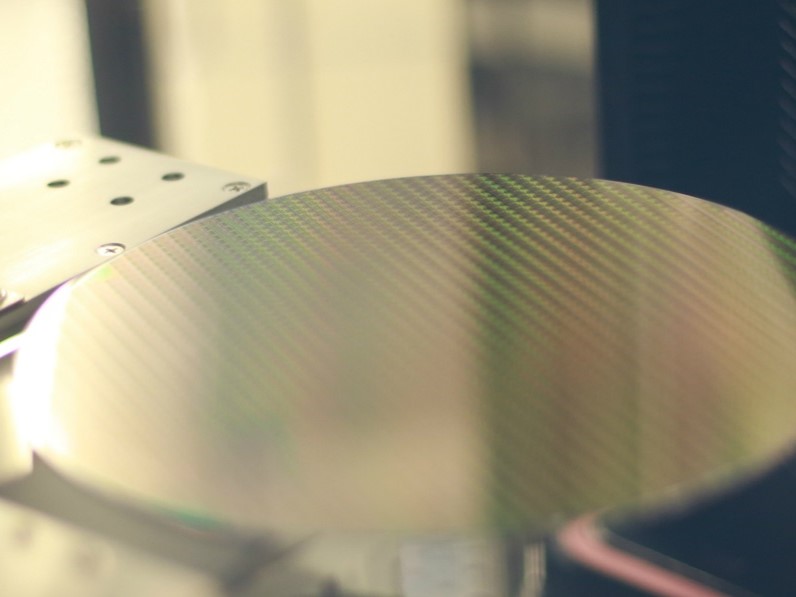China will soon overtake Taiwan in chip capacity

According to the latest estimates from analyst firm Yole Group, mainland China will overtake Taiwan in global manufacturing capacity for processors and other semiconductor chips by 2030. China's share is expected to increase to 30 percent, a big jump from the current 21 percent. Taiwan remains at 23 percent, followed by South Korea (19 percent), Japan (13 percent) and the United States (10 percent).
Behind this rapid rise is China's national strategy for the whole nation, with the state-owned Big Fund (China Integrated Circuit Industry Investment Fund) playing a key role. These investments have enabled the rapid development of companies such as SMIC and Hua Hong Semiconductor. Currently, domestic companies contribute about 15 percent of China's chip production, and this is expected to increase as new plants open.
According to the US-based SEMI, 18 new chip fab projects will start around the world in 2025. Of these, three will be in China. Most of these target mature manufacturing technologies from 8nm to 45nm, which are key for the automotive industry, industrial automation and IoT devices.
China, however, is still lagging behind in the most advanced technologies. Although SMIC has introduced 7nm chips in Huawei devices, it has not yet been able to reliably produce 5nm chips. Meanwhile, TSMC (Taiwan) and Samsung (South Korea) are already planning production on the 2nm process technology. Chinese development is hampered by US export restrictions that prevent access to advanced lithography equipment.
Still, China's increased capacity will have a significant impact on the global market. It reduces dependence on Taiwan and suggests that in the future, production volume will become almost as important as leadership in advanced technology. So we will definitely see more Chinese chip innovation in the future.




























